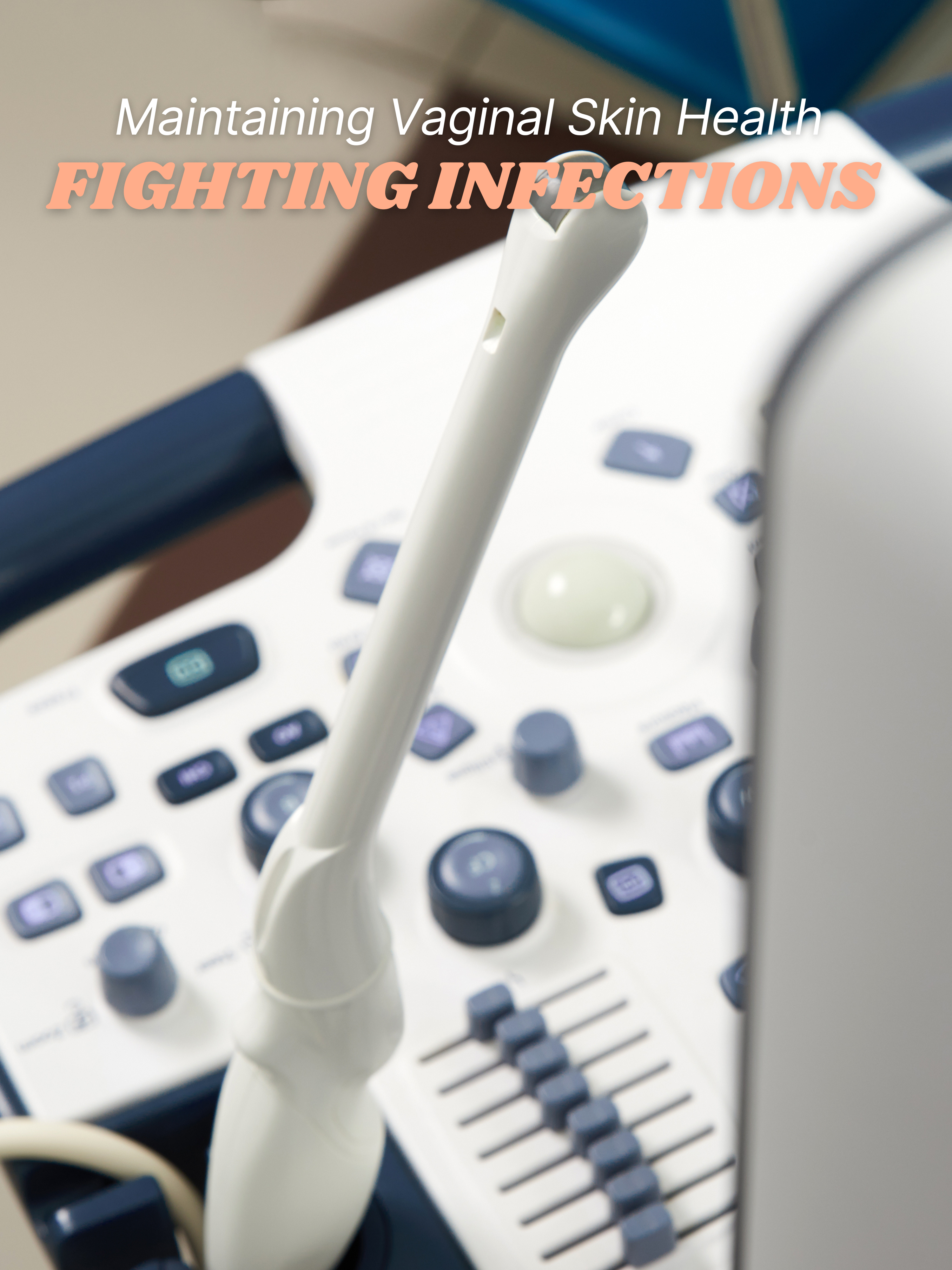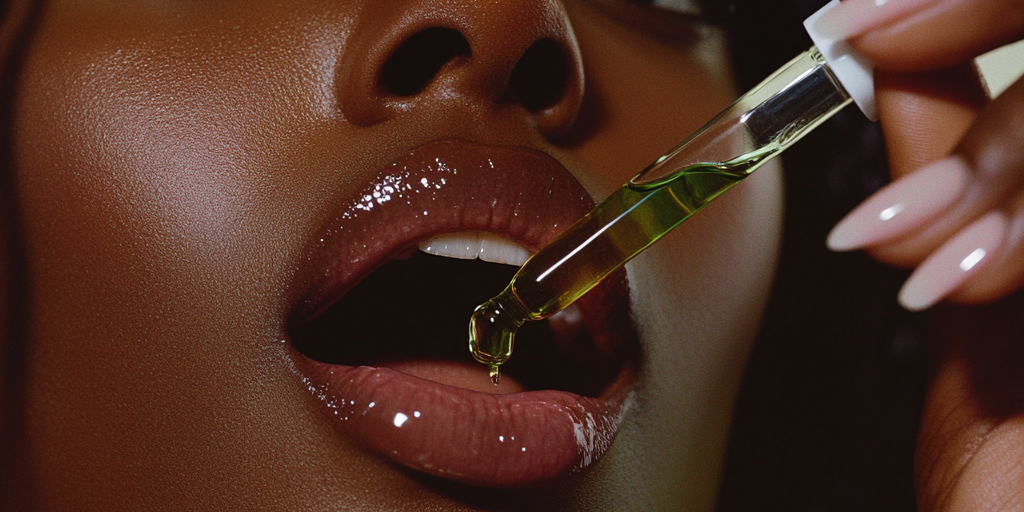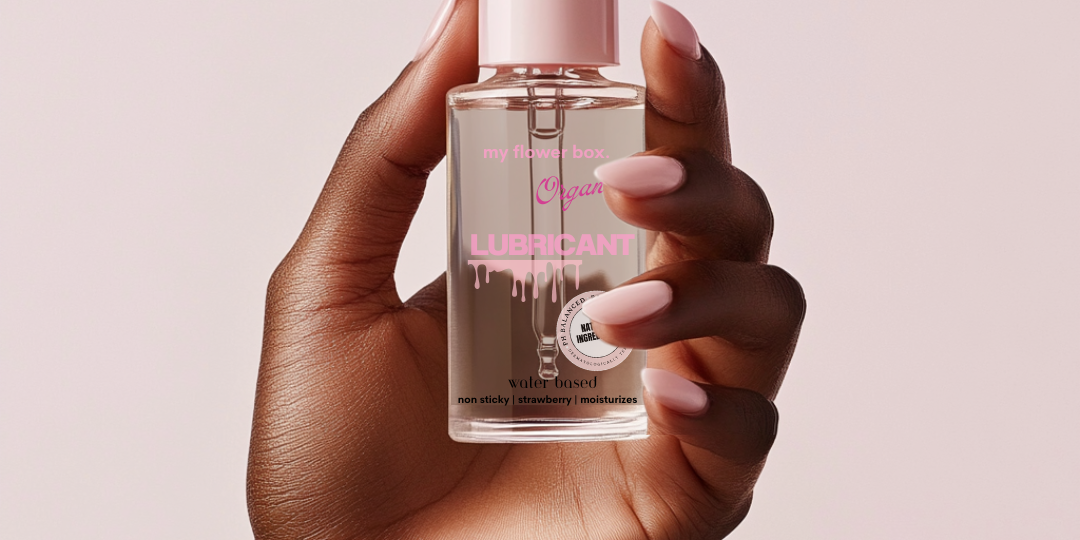Fighting Infections and Maintaining Vaginal Skin Health: Preventive Measures and Care Tips

Vaginal health is crucial for overall well-being, and infections can significantly impact vaginal skin health. Understanding preventive measures and proper care is essential for maintaining optimal vaginal health and preventing infections.
Understanding Common Vaginal Infections
Vaginal infections, such as yeast infections, bacterial vaginosis (BV), and urinary tract infections (UTIs), are common and can affect women of all ages.
Causes and Symptoms
Each type of infection has distinct causes and symptoms. Yeast infections are caused by an overgrowth of Candida yeast, leading to symptoms such as itching, burning, and vaginal discharge. BV is characterized by an imbalance of bacteria in the vagina, resulting in a fishy odor and discharge. UTIs are caused by bacteria entering the urinary tract, leading to symptoms such as painful urination, frequent urination, and lower abdominal pain.
Preventive Measures for Fighting Vaginal Infections

Vaginal infections can be uncomfortable and disruptive to daily life, but there are several preventive measures individuals can take to reduce their risk. By incorporating these strategies into their routine, individuals can maintain vaginal health and minimize the likelihood of developing infections.
- Hygiene Practices: Proper hygiene is essential for maintaining vaginal health. Avoid douching, as it can disrupt the natural balance of bacteria in the vagina. Instead, practice gentle cleansing with mild, fragrance-free soap and water.
- Promoting a Healthy Vaginal Microbiome: Consuming probiotics can help promote a healthy balance of bacteria in the vagina. Additionally, avoid excessive use of antibiotics, as they can disrupt the natural balance of bacteria and increase the risk of infections.
- Sexual Health Practices: Practice safe sex to reduce the risk of sexually transmitted infections (STIs) and other infections. Use condoms consistently and correctly, and communicate openly with sexual partners about STI testing and prevention.
Care Tips for Maintaining Vaginal Skin Health
- Proper Hygiene Products: Choose gentle cleansers specifically formulated for the delicate skin of the vagina. Avoid products with harsh chemicals, fragrances, or dyes, as they can irritate the skin and disrupt the natural pH balance.
- Hydration and Nutrition: Stay hydrated by drinking plenty of water, as hydration is essential for maintaining healthy skin. Additionally, maintain a balanced diet rich in fruits, vegetables, whole grains, and lean proteins to support overall skin health.
- Managing Vaginal Dryness and Irritation: Use moisturizers and lubricants to alleviate symptoms of vaginal dryness and irritation. Look for products specifically designed for vaginal use, and avoid ingredients that may cause irritation or allergic reactions.
Seeking Medical Attention: When to See a Healthcare Provider
- Signs and Symptoms: Pay attention to signs and symptoms that may indicate a vaginal infection or other vaginal health concerns, such as unusual vaginal discharge, itching, burning, or pain during urination or intercourse.
- Prompt Medical Attention: Seek prompt medical attention if you experience persistent or severe symptoms, as early diagnosis and treatment are essential for preventing complications and promoting healing.
- Diagnostic Tests and Treatments: Your healthcare provider may perform diagnostic tests, such as vaginal swabs or urine tests, to determine the cause of your symptoms. Treatment options may include antifungal medications, antibiotics, or other medications depending on the type of infection.
Conclusion
Maintaining vaginal health is crucial for overall well-being, and preventive measures and proper care are essential for fighting infections and maintaining vaginal skin health. By practicing good hygiene, promoting a healthy vaginal microbiome, and seeking prompt medical attention when needed, individuals can take proactive steps towards preventing infections and promoting optimal vaginal health. Remember to prioritize your vaginal health and seek support from healthcare providers when necessary.
People May Ask
- How can I prevent vaginal infections through hygiene?
Practice proper hygiene by using mild, unscented soap for cleansing and always wiping front to back after using the toilet.
- Are probiotics effective in preventing vaginal infections?
Yes, consuming probiotic-rich foods can help maintain a healthy balance of bacteria in the vagina, reducing the risk of infections.
- What role does safe sex play in preventing vaginal infections?
Using condoms consistently and limiting sexual partners can reduce the risk of sexually transmitted infections (STIs) that can lead to vaginal infections.
- Can lifestyle choices impact my susceptibility to vaginal infections?
Yes, maintaining a healthy lifestyle by staying hydrated, eating a balanced diet, and managing stress can support vaginal health and reduce the risk of infections.
- How important is it to seek medical attention for vaginal infection symptoms?
It's crucial to seek prompt medical attention if you experience symptoms such as unusual discharge, itching, burning, or pain for proper diagnosis and treatment.
Prioritize Your Vaginal Health with My Flower Box: Take Charge Against Infections and Nurture Vaginal Skin Wellness Today!
Don't wait for discomfort or infections to disrupt your life – take proactive steps towards optimal vaginal health with My Flower Box. Our curated products are designed to support preventive measures and care tips outlined in the article, empowering you to maintain vaginal skin wellness and combat infections effectively. Take charge of your well-being today and prioritize your vaginal health with My Flower Box.
0 comments





